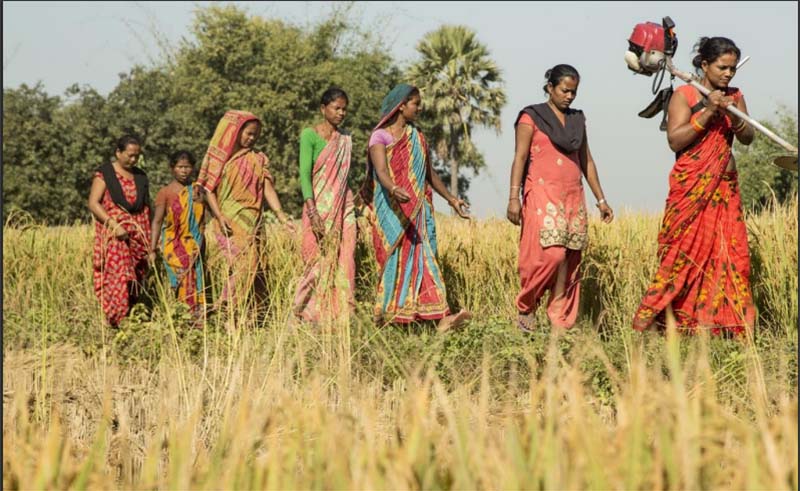Food insecurity across country increases by 23 per cent: Survey
KATHMANDU: About 23 per cent of households in the country had inadequate food consumption in the wake of the coronavirus pandemic, a survey jointly conducted by the UN World Food Programme (WFP) and the Ministry of Agriculture and Livestock Development (MoALD), with the support from Government of Australia, found.
Likewise, Karnali remains the most vulnerable province in terms of food insecurity, the survey conducted in April to assess the impact of COVID-19 on household food security and vulnerability, revealed.
As businesses throughout the country have been affected by the government-imposed lockdown to prevent the spread of coronavirus pandemic, 3 in 10 households have lost some income, while 1 in 10 lost jobs.
Likewise, 3 in 4 households had food stocks. Around 42 per cent of the households had one-month worth of food in stock. Other households needed income to acquire food, the survey found.
About 55 per cent of the total population has sourced food through purchase in the market, while minimum dietary diversity did not meet by 46 per cent of children aged between 6- 23 months.
The household data for the survey covered 4,416 households from all the seven provinces, and were collected from April 14 to 24, 2020, through live telephone interviews.






